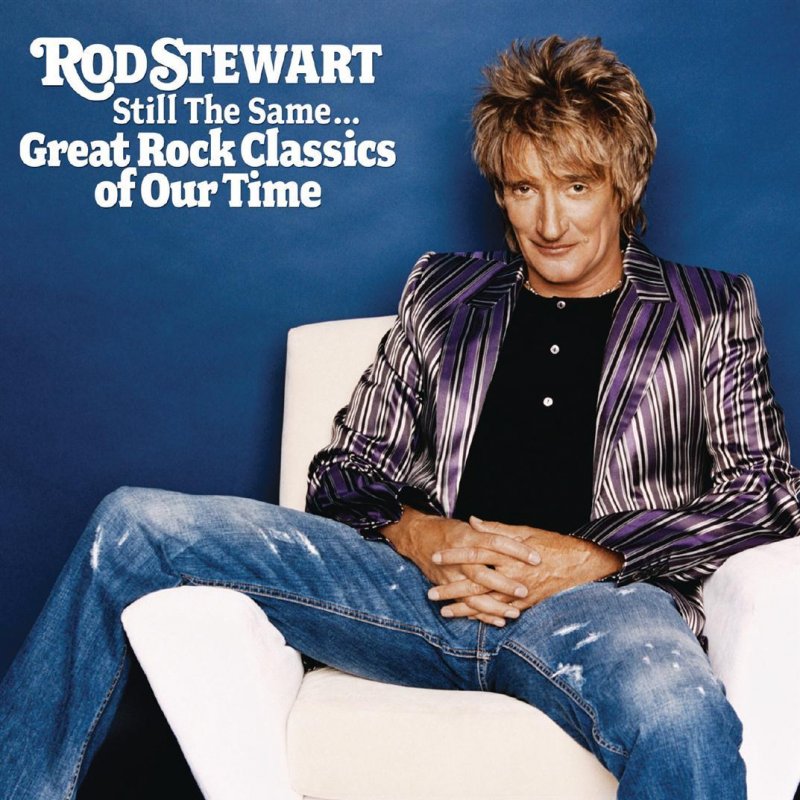
“With regard to climate protection, people have mainly heard a decided ‘Yes, but…’ from Laschet,” wrote ARD’s Franka Welz. READ ALSO: No tax hikes, climate action: Here’s what’s in the election manifesto of Germany’s CDU
#The rain trainslation to german mac
Several parties have put their election campaigns on hold out of respect for the victims of the floods.Īs photos emerged of Armin Laschet in wellies and a mac at the scene of the floods, commentators were quick to point out the apparent gulf between his call for “speedy” action on climate change and his policies. In the wake of the flash floods and devastating loss of life on Thursday, however, politicians have been trying to avoid accusations of politicising the disaster. “We have to do everything we can to limit global warming.” “The regularity of these intense rain tells us that climate change has long since begun,” she wrote. Writing on Twitter on Wednesday, Verena Schäffer, the head of the North Rhine-Westphalia fraction of the Greens, reported that it had been raining for hours without any interruption. Wir müssen alles tun, um die Erderwärmung zu begrenzen. Danke an alle Einsatzkräfte 🚒🚓🚑ĭie Häufung der Starkregenereignisse zeigen: der Klimawandel hat längst begonnen. “We will only be able to curb extreme weather situations if we engage in a determined fight against climate change,” Steinmeier said in Berlin, as the German toll from severe flooding reached 103.Įs regnet in #NRW seit Stunden ohne Unterbrechung. German President Frank-Walter Steinmeier on Friday urged a more “determined” battle against global warming in light of the severe flooding. He is the state premier of North Rhine-Westphalia, one of the two worst-hit states along with neighbouring Rhineland-Palatinate. READ ALSO: German floods push climate change to front of election campaign If we create an atmosphere four degrees warmer in 100 years, it will be a world of extremes.”Īs news broke of the tragedy unfolding in North Rhine-Westphalia and Rhineland-Palatinate on Thursday, it didn’t take long for politicians to place the regional catastrophe in the context of global climate change.Īrmin Laschet, the conservative running to succeed Angela Merkel in the election on September 26th, called for an acceleration of efforts to fight climate change, underlining the link between global warming and extreme weather. “It was four degrees colder thousands of years ago – back then, entire countries were covered by ice. “That would be a completely different world than we have today,” he said. Photo: picture alliance/dpa | Karl-Josef HildenbrandĪccording to Plöger, on the basis of mankind’s current actions, we’re setting a course for 2.9C heating by 2050 – with the potential to go up to 4C by the end of the century.

Over the coming decades, climate experts believe we will live in “a world of extremes”, with both harsh droughts and catastrophic floods. While climate activists are keen to see global warming capped at 1.5C – which is also the target set by the Paris Agreement – current trends suggest that we’ll cross that threshold sometime between 20. That means not only more heavy rain, but also almost unbelievable peaks of heat like recently in northern Scandinavia with well over 30C or like during the heat waves in Germany in summer 2019.”

“At 1.5C or 2C higher average temperatures there is always more energy in the atmosphere. “We are already experiencing this in a world that is 1C warmer. “This is not a localised freak event, it is definitely part of a coherent global pattern.”ĭoes that mean more floods in the future? “The US is often in the spotlight, but we have also seen extraordinary heat events in northern Europe and Siberia,” Daniel Swain, a climate scientist at the University of California in Los Angeles, told the Guardian. While a great deal of attention has been paid to the extreme heat and forest fires in North America and Canada in recent weeks, the shocking scenes of destruction across western Germany – as well as Luxemburg and Belgium – have ensured that the impact of climate change in Europe is now firmly in focus. “Like a sort of rotary worm, it brings repeated heavy rain,” explained meteorologist Sven Plöger in an interview with Tagesspiegel. READ ALSO: IN PICTURES: Torrential rain and flooding leaves trail of destruction across western GermanyĪlso to blame is the low-pressure area that sits above Germany, cutting across the country from Saxony, Thuringia and northern Bavaria through parts of Hesse to the western regions of Germany. With so much moisture in the air, it not only rains harder, but also for longer: in the worst-hit parts of of Rhineland-Palatinate and North Rhine-Westphalia, almost 150 litres of rain fell per square-metre over 48 hours. “In heavy rain, seven percent more water can fall.” “For every degree of warming, seven percent more water can be absorbed by the air,” the climate researcher told ARD.


 0 kommentar(er)
0 kommentar(er)
